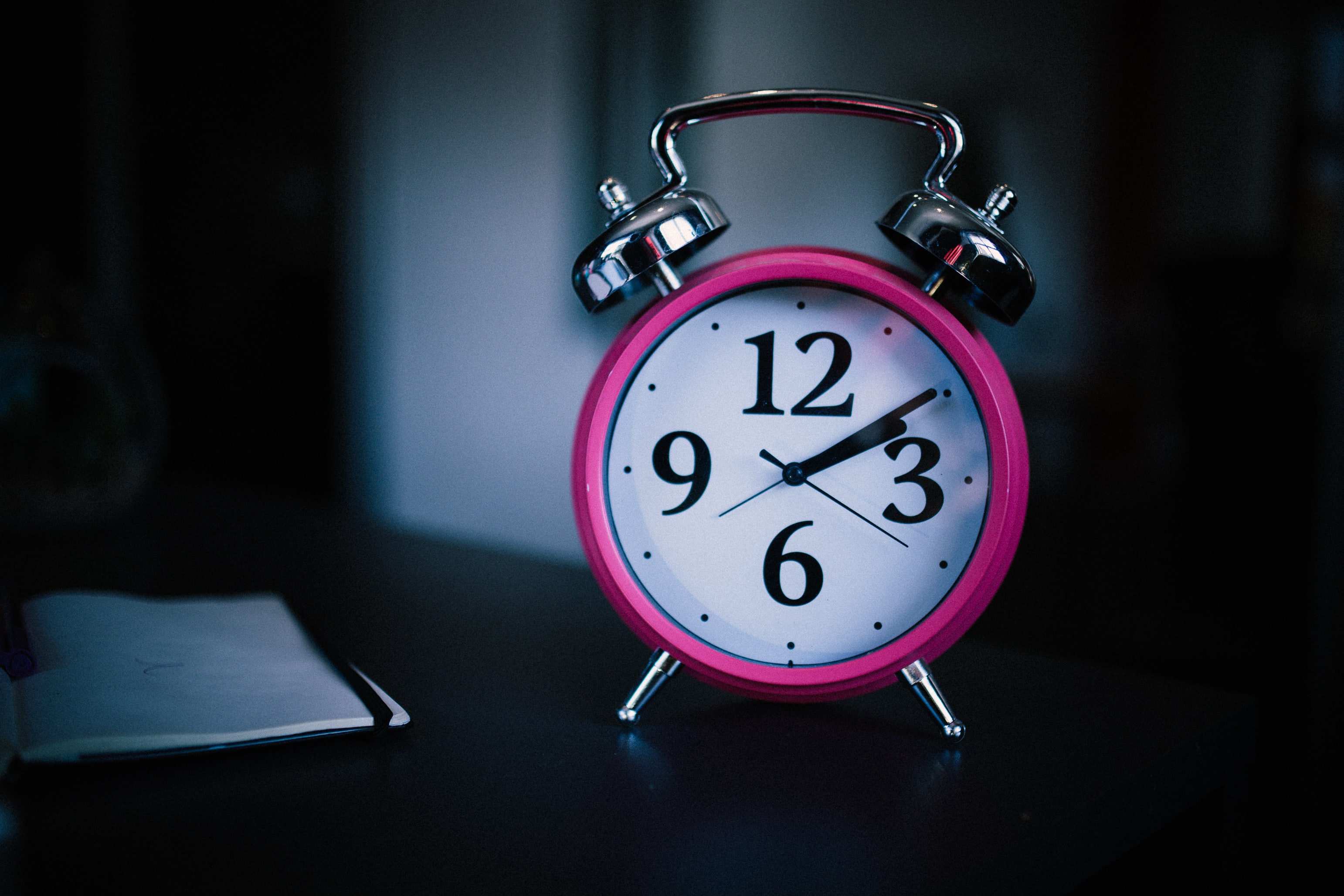 Photo by Mpho Mojapelo
Photo by Mpho Mojapelo
Getting that good night’s sleep is so very important, if can affect you and all your activities and interactions the next day. It is recommended that we get about 7 to 9 hours of good quality sleep a night but it may not always be an easy feat. Here are some tips to ensure a better night’s sleep.
Keep it cool
- it is easier to fall asleep if your bedroom is cooler than warmer
- set your bedroom temperature to about 67°F, the brain and body need to drop a core temperature of about 1 degree Celcius or 2-3 degrees Fahrenheit for you to fall asleep and stay asleep
Set a regular time to sleep at night for the weekdays and weekends
- you may like to stay up later on weekends and sleep in but your internal body clock and brain responds best when you keep it regular
- this helps with sleep quantity and quality.
Identify and implement a bedtime routine or wind-down routine that works for you
- examples include shower, stretching, meditation, reading a book, journaling
Adjust the light
- we need darkness at night to trigger melatonin so we need to be mindful about the last 30 to 60 minutes before bed
- stay away from screens(laptops, phones) about the last hour before sleep, or dim the screens
- blue light has damaging affect
- use black out curtains in bedroom to avoid excessive light
- in the morning, we should have the most exposure to indoor and outdoor light as we need brightness during morning hours to keep circadian rhythm regular
Room atmosphere
- On top of a quiet, dark, and relaxing room atmosphere, where you sleep and what you sleep in matters
- comfortable pajamas and bedding can make a big difference
- invest in a comfortable mattress for you
- work on a pleasant bedroom environment(furniture, acessories,etc) where you feel safe and at ease
Get recommended exercise
- physical activity during the daytime helps you fall asleep easier but no intense activity 2 hours before sleep
Things to avoid
- stay away from caffeine at least 6 hours before going to bed
- avoid large meals, spicy food, and alcohol hours before bedtime
- it is best to not eat anything 3 hours before bedtime
- avoid drinking lots of fluids before bedtime, getting up to use the bathroom at night will interrupt your sleep cycle, especially the later stages
- avoid loud noise
- limit bed to sleep
- be cautious with sleeping pills, sedatives hypnotics do not produce naturalistic sleep and can cause issues with learning and memory including forgetfulness
Consider tracking your sleep
- We all know that everyone is different but it may be worthwhile every once in a while to track your sleep.
- there are smart rings, smart mattresses, smart watches that can help
- You can see how changes are affecting your sleep such as exercise, eating at a certain time, etc and can make changes to help with better sleep quality and quantitiy.